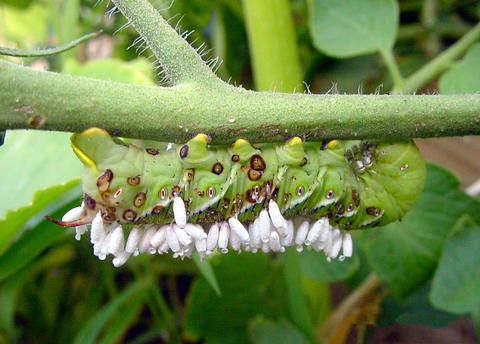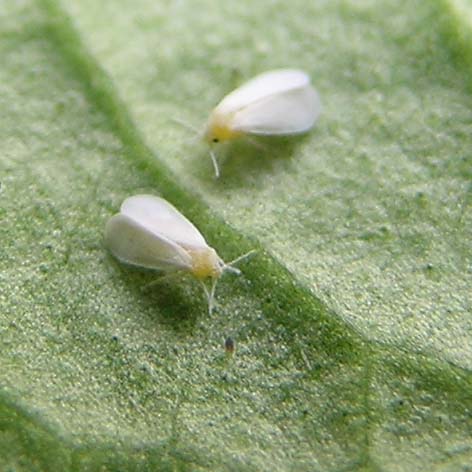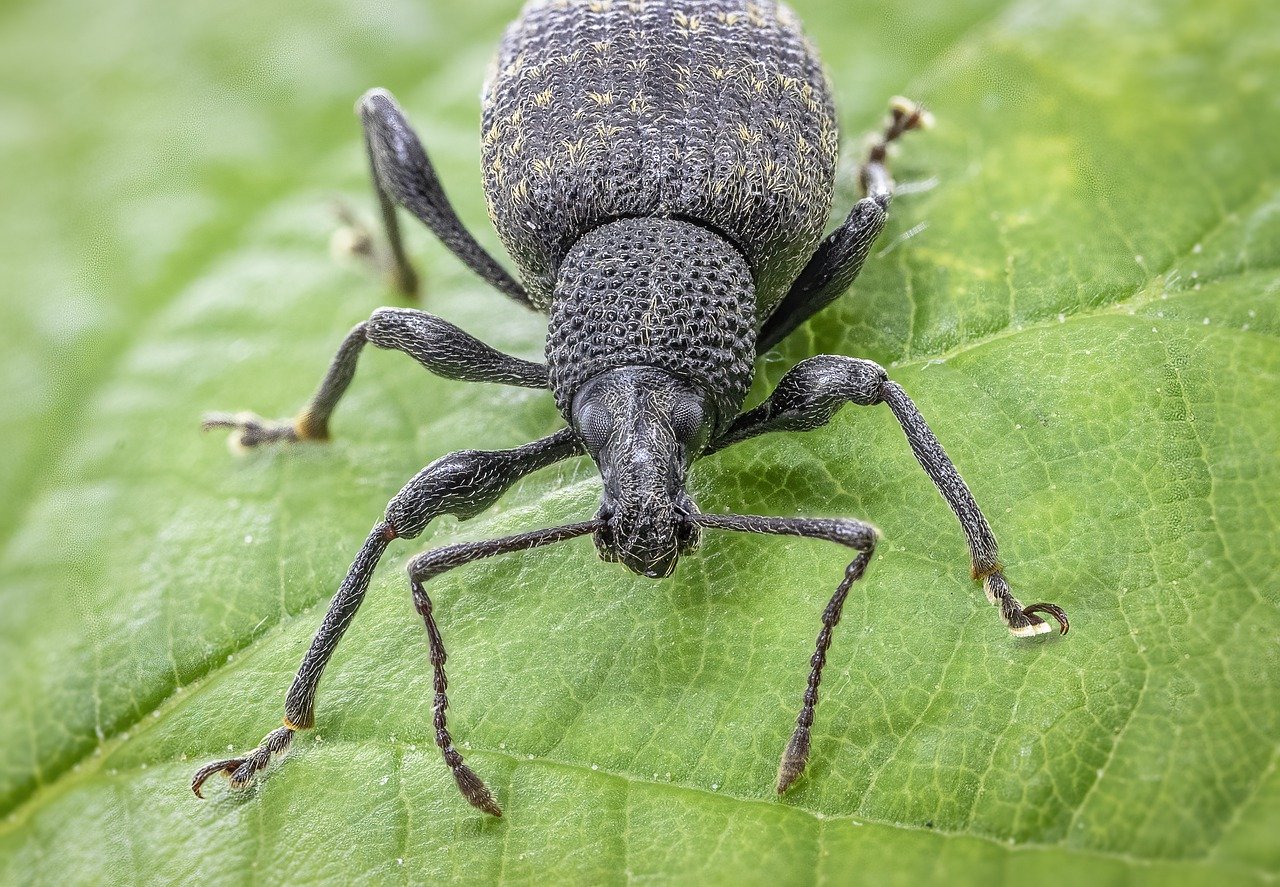Your garden will attract different kinds of animals, from insects such as ants to small animals like squirrels. This is understandable. After all, your garden has food, water, and shelter for these creatures. Unfortunately, some of these creatures can be a nuisance in your garden. Here are the most common garden pests you should look out for.
Garden Pests to Look Out For
Here are eight of the most common garden pests you should look out for:
1. Ants
Ants are generally just nuisance pests. They are not dangerous but are just annoying and pesky. However, they can be so annoying that you may want to get rid of them. You have ants in your garden because of many reasons, but the biggest reason of all is this — they like the honeydew in your plants.
Honeydew is a sweet substance that is produced by other garden pests like aphids. Ants gather the honeydew and even protect its producers. If you have ants in your garden, you probably have other garden pests like aphids.
2. Aphids
Aphids are small and soft-bodied insects that suck nutrient-rich liquids out of your plants. They can’t always process the sugars in these liquids, so they release some of them in the form of honeydew. You will see honeydew and mold grow in plant leaves, and these attract other garden pests like ants and wasps.
Aphids are very destructive to your plants, and unfortunately, they are some of the most common garden pests around. Their presence can disfigure, weaken, and even kill your plants.
3. Beetles
You don’t want beetles in your garden because they feed on fruits and vegetables. They can destroy fruits, stunt the growth of your plants and vegetables, and even kill the younger and more vulnerable plants in your garden.
Colorado potato beetles, flea beetles, Japanese beetles, and vine weevils are some of the worst you can have in your garden. These beetles have a very diverse diet. They can feed on broccoli, cabbage, cauliflower, eggplants, kale, peppers, potato plants, and tomatoes.
4. Caterpillars
Caterpillars are the larvae of butterflies and moths. They cause damage to your garden by building homes from foliage, cutting off leaves and seedlings, and eating plants. Butterflies and moths can actually be beneficial insects. But in their caterpillar forms, they can be very destructive, especially in large numbers.
Cutworms are the most famous among these caterpillar pests. As their name suggests, these caterpillars cut through leaves and stems and feed during the night. And then they hide in the soil in the morning. These habits make them difficult to deal with. Many gardeners put parasitic wasps in their gardens to control the population of destructive caterpillars.

5. Earwigs
Earwigs are slender insects with a pair of pincers in their abdomens. Because of their appearance, many people think that they are dangerous and venomous. But this is just a misconception. Earwigs are mostly just nuisance pests. However, they feed on plants and vegetables. And this can be destructive to your garden, especially if you have a lot of seedlings. Larger plants can tolerate their feeding, but not smaller and younger ones.
They can also enter your home. But here’s the good news — they don’t really thrive well indoors. These insects don’t live very long and they don’t reproduce inside your home.
6. Slugs
Slugs can look a little bit docile to you. After all, they look harmless and move ever so slowly. But they are actually destructive garden pests. They are particularly attracted to beans, cabbages, celery, cucumbers, pumpkins, and strawberries. And if your garden is always moist because of too much watering, it’s also more vulnerable to slug infestations.
Thankfully, these garden pests are relatively easy to deal with. Take advantage of their soft bodies. Objects with sharp edges, such as eggshells and diatomaceous earth, can serve as natural barriers around your plants to keep slugs away.
7. Squirrels — yes, they are a common garden pest
When people think about common garden pests, the first creatures that come into their minds are destructive insects. But small animals, particularly rodents, can be just as destructive. Squirrels can get attracted to your garden. They can eat bulbs and crops, eventually killing them. They can eat fruits and vegetables, especially juicy ones like cucumbers, tomatoes, and squash. And they can dig holes throughout your garden to catch bulbs and store their food.
Squirrels are timid creatures. You can use this to your advantage to get rid of them. You can easily startle them with motion-activated sprinklers and startling traps. But even though they are generally docile, squirrels can still be aggressive. Don’t be complacent.
8. Whiteflies
Whiteflies are not flies. They are small and white insects that are more related to aphids than flies. Like aphids, they suck the nutrients out of your plants, causing them to wilt and die. Whiteflies are clearly visible on plants, especially on the undersides of leaves. You can easily shake them off or remove them manually with your gloved hands.
But don’t underestimate them as garden pests. They may be easy to spot because they invade in huge numbers. But this is also one of their strengths. Once they thrive in your garden, it may be difficult to completely get rid of them.

These common garden pests are preventable
These common garden pests can eat and destroy plants, flowers, fruits, vegetables, and everything else in between. But it’s actually possible to not have garden pests. Here are some quick tips that will help prevent these pests.
- Practice proper gardening. Some gardening practices just attract garden pests. For instance, watering your plants too frequently or putting too much nitrogen in your garden soil can attract these pests. Make sure you are practising proper gardening. This will not just save your garden. This will also help make you a more competent gardener, even if you are just an amateur or hobbyist.
- Fortify your garden. You can isolate your garden to protect it from invaders. But not everyone has the money or time to build a greenhouse. You can settle for garden fences, meshes, walls, and wires. Natural barriers are also great. If you are having trouble with a particular garden pest, put plants that naturally repel them at the edge of your garden to act as a natural barrier.
- Use natural methods to get rid of garden pests. Pesticides are effective, but they can put your plants at risk of pesticide toxicity. You can try natural methods to get rid of garden pests. The most natural of all is the simple use of your hands. You can pick up some of these garden pests, like aphids, whiteflies, and even slugs. You can also try essential oils, with neem oil being the most commonly suggested one.

